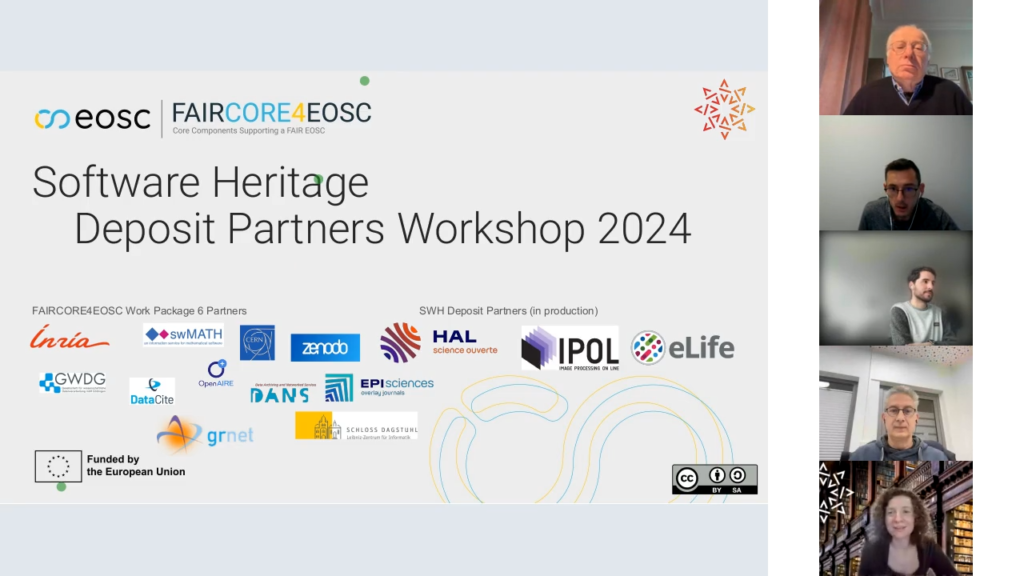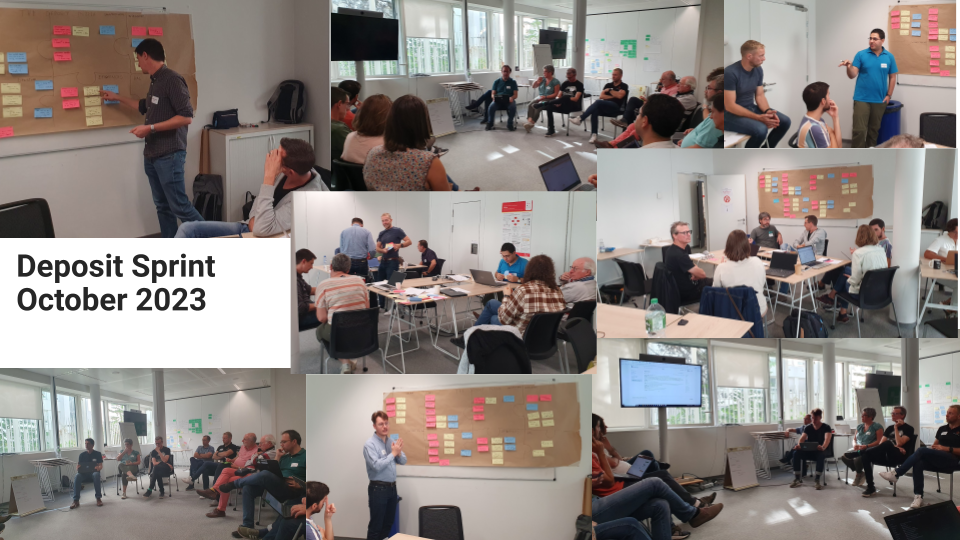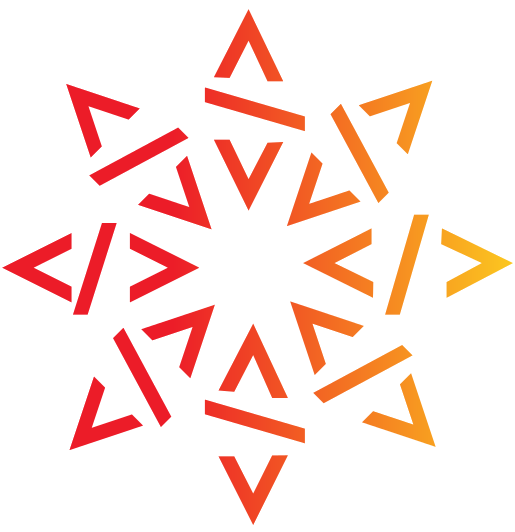Deposit Partners Workshop 2024: Key takeaways

The Software Heritage Deposit Partners Workshop, held on November 26, 2024, brought together a diverse group of stakeholders in the academic landscape to demonstrate the integration implemented between scholarly infrastructures and the universal source code archive, Software Heritage. This year’s workshop was launched with Jean-François Abramatic’s welcome address, who shared the original vision of Scholarly Infrastructure for Research Software (SIRS) report in the European Open Science Cloud (EOSC) landscape.
Abramatic has played a crucial role in EOSC, as part of the Executive Board and as the architecture working group chair. At the end of 2020, the Executive Board produced a set of recommendations for the implementation of the Horizon Europe program. FAIRCORE4EOSC is one of the awarded EU projects throught the Horizon Europe program.
The RSAC (Research Software APIs and Connectors) components developed through the FARCORE4EOSC project intended to improve interoperability between various infrastructures catering to research software. This component has a significant impact on the four pillars of the SIRS report, namely Archive, Reference, Describe, and Cite. The goals are listed below:
Archive: Creating interoperability between the infrastructures to preserve research software artifacts and their metadata in the universal source code archive, Software Heritage.
Reference: Adoption of the SWHID (Software Heritage Identifier) to identify software artifacts accurately and reference specific versions of the software.
Describe: Exchange metadata about research software using the CodeMeta vocabulary, thereby enabling an interoperable ecosystem.
Cite: Align the citation export formats for research software following the biblatex-software specialised entry types for software
We have traveled a thoughtful and progressive journey together from the initial SIRS discussions to the practical implementations showcased in the workshop through FAIRCORE4EOSC. This journey reflects our ongoing commitment to improve scholarly infrastructures for research software.
Looking back to our 2023 deposit sprint onsite at the Inria Research center:

Demo-mania: showcasing results from the FAIRCORE4EOSC EU project
The workshop was structured around a series of “Demo-mania” sessions, moderated by Morane Gruenpeter, where service managers demonstrated their integrations and discussed the challenges and opportunities for Research Software preservation.
The workshop was structured into three segments by infrastructure type:
- Scholarly repositories showcased how they facilitate access to and citation of archived software, emphasizing the importance of these resources in academic research.
- Zenodo, presented by Manuel Alejandro de Oliveira da Costa (CERN)
- HAL, presented by Yannick Barborini (CCSD)
- DANS Dataverse instance, presented by Wilko Steinhoff (DANS)
- Aggregators highlighted their role in connecting software artifacts with scholarly literature, enhancing metadata, and improving visibility
- Publishers shared their strategies for embedding Software Heritage archives directly into their publication workflows, underscoring the critical role publishers play in supporting software preservation
- Episciences, presented by Raphaël Tournoy (CCSD)
- Dagstuhl, presented by Saadet Bozaci (LZI)
Source code is fragile; it can disappear. It’s important to note that software source code plays an essential role in research and should be archived properly, alongside data and publications. The generic workflow below shows how software built for research as part of the open science ecosystem should be archived, referenced, described, and cited.
Live feedback and collaborative dialogue
Each demonstration was followed by a feedback session, where participants discussed potential improvements and strategic approaches to overcoming existing challenges.
Participants were asked “Which colleague in/outside my institution would I like to show this demo with? Why this person, what are my expectations regarding this person?”
- Researchers and librarians who could focus on software deposit and improving metadata quality, respectively.
- IT developers who could enhance the integration between publications and software, leveraging Zenodo’s capabilities to link DOIs and SWHIDs.
- Various stakeholders, including the SciCodes consortium, CRIS developers, and InvenioRDM managers, are appropriate colleagues who could explore existing workflows and develop further integrations.
These stakeholders could help push for a culture change within their organizations, suggesting roles such as training coordinators or open science charter updates to embed software archiving practices further.
Reflecting on the SIRS Report
We concluded the workshop with an activity to reflect on the progress made since the publication of the SIRS report. Participants used a metaphorical “mood boat” to describe their journey through the recommendations and visions outlined in the report. This session provided a poignant illustration of the community’s journey, highlighting both achievements and areas where more concerted efforts are needed.
This boat represents our journey through the SIRS recommendations/vision. Using the different situations Inspired by the scenarios illustrated by Mathilde Riou and Vincent Chaillou, participants discussed their experiences and future plans.
The workshop concluded with a consensus on the need for continued collaboration and advocacy to promote the recognition of software as a critical research output. While adoption is still a challenge, the participants committed to taking specific steps toward engagement:
- Assisting researchers in depositing their software, enhancing the connection between publications and software.
- Providing guidelines, documentation, and training for publishing and archiving software.
- Enhancing the visibility and usability of SWHIDs.
- Sharing workflows for other infrastructures to join the deposit partners community.
- Organizing more events like this to help bring stakeholders together.
Looking ahead
As we build on the momentum from this workshop, we invite all stakeholders in the research and software communities to join us in advancing these critical infrastructures. By working together, we can ensure that software, a cornerstone of modern research, is preserved and accessible for future generations.
Acknowledgments
A big thanks to all the presenters, participants, and the organizing team, whose dedication and enthusiasm made this workshop successful.
Special thanks to Jean-François Abramatic for his introduction and to all our partners who continue to support and advance the mission of Software Heritage.
